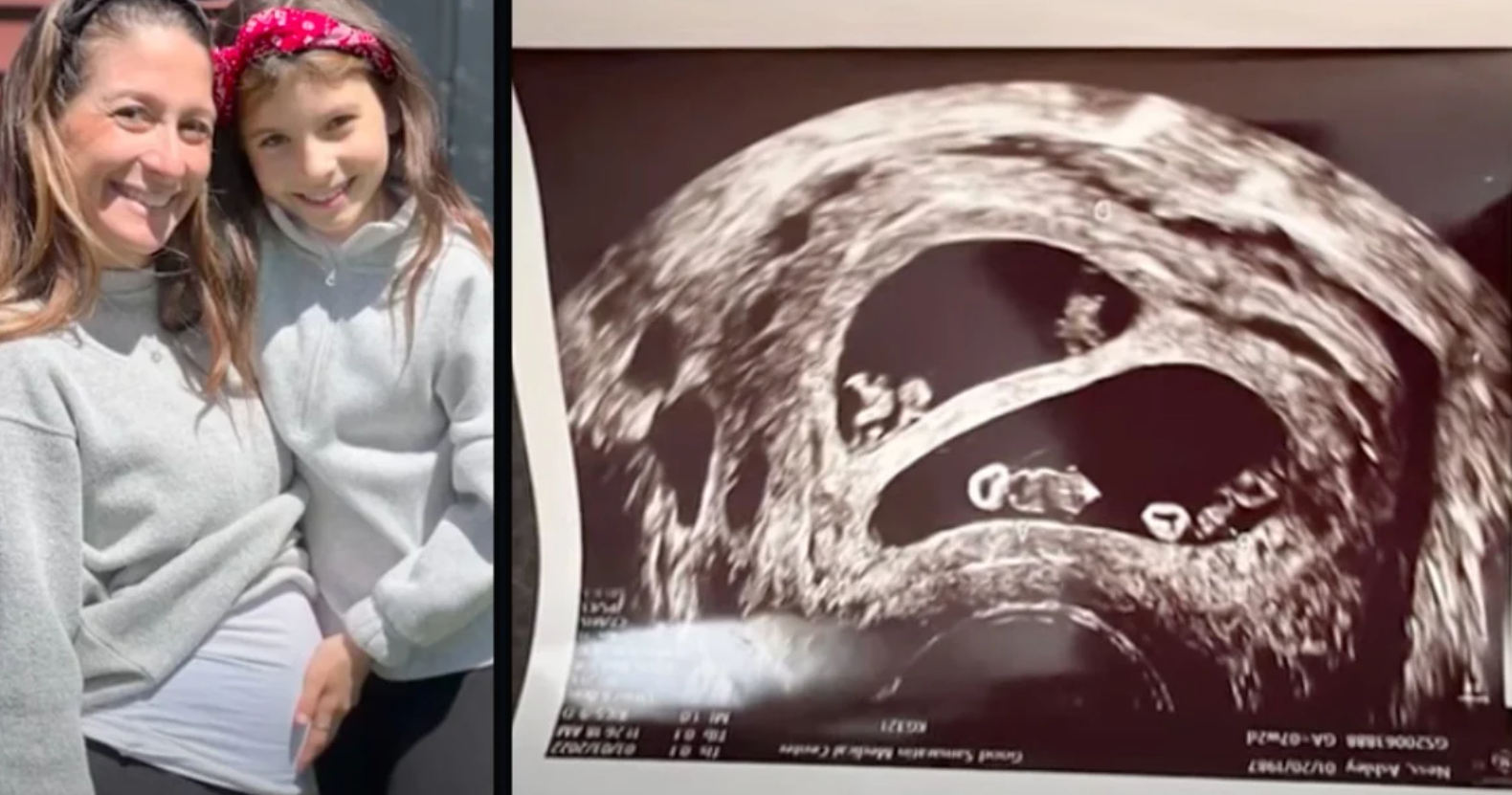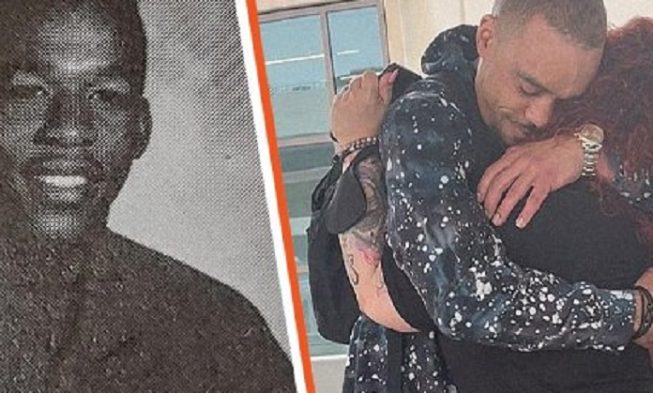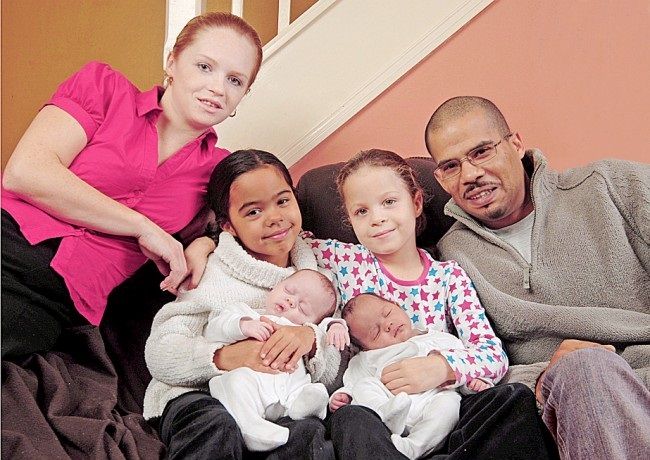Serena Williams Almost Died After Giving Birth, The Nurses Ignored Her
Serena Williams has acknowledged that giving birth to her first child was “nearly death.” After her daughter, Olympia, was born through Caesarean section, the tennis legend suffered a pulmonary embolism. Women need to “become aggressive and stand up,” according to the 40-year-old. In 2018, Williams told the BBC, “Doctors aren’t listening to us, to be quite honest.” “It may be time for women to feel at ease having difficult conversations.” I was in a really fortunate position because I am very familiar with my body and who I am, so I told the doctor, “I don’t feel right, something’s wrong.” She began to pay attention right away. She was fantastic. I had a fantastic, fantastic doctor. Unfortunately, many African Americans and black people have not had the same experiences as mine. Also, some of us are genetically predisposed to things that others are not. Knowing that coming in, or that certain doctors aren’t as concerned about us, is devastating. It would be really tough for me to go through what I did if I didn’t have the healthcare that I do – and to imagine all the other women who are going through the same thing without the same healthcare, without the same response, it’s distressing.”
Serena Williams: Statistics on deaths in pregnancy or childbirth 'heartbreaking' https://t.co/Pf0Tn5sJSz pic.twitter.com/1HBCEytlCo
— BBC Science (@BBCScienceClub) March 6, 2018
Recently, the athlete admitted that she experienced issues with the staff during her delivery. Williams said in a recent Elle piece that she was compelled to save her own life. She was advised she needed a C-section while in labor since the baby’s heart rate was erratic. Serena noted, “Being an athlete is frequently about controlling your body and harnessing its force, but it’s also about knowing when to surrender.” “I felt relieved and pleased to let go; the energy in the room had completely altered.” We went from an exhausting, seemingly never-ending journey to a concrete strategy for bringing this child into the world.” She sensed something wasn’t quite right when her baby came safely.
Serena explained, “So much of what transpired after that is still a haze.” “I think I passed out a couple of times.” In my stupor, I considered if I should inquire about my drip. In 2010, I discovered I had blood clots in my lungs, which could have killed me if they hadn’t been identified in time. Since then, I’ve lived in constant worry of them reappearing. It wasn’t a one-time occurrence; I have a significant risk of blood clots. ‘When do I start my heparin drip?’ I inquired of a nurse. ‘Shouldn’t I be working on that right now?’ ‘Well, we don’t really know if that’s what you need to be on right now,’ came the response. “No one was paying attention to what I was saying,” she continued.
The hospital was hesitant to put her on blood thinners since it could cause her C-section to bleed, but she “kept pressing” because she “thought it was vital,” according to the mother-of-one. “I couldn’t take a breath. I was coughing because I wasn’t getting enough oxygen. I grabbed a towel and pulled it up over my incision. My stitches had burst because I was hacking so hard. “After the C-section, I went into my first operation to get restitched,” she recalled. Williams thought she was going to die at one point. She explained to a nurse that she needed a bilateral CAT scan of her lungs and to be put on a heparin drip, but the nurse said, “I think all this stuff is making you talk crazy.”
“‘No, I’m telling you what I need: I need the scan right now,’ I said. Serena continued, “And I need it done with dye.” “I believe I mispronounced the dye’s name, because she told me I only needed to rest.” ‘I’m telling you, this is what I need,’ I insisted. Finally, the nurse dialed my doctor’s number, who listened to my concerns and insisted that we check.” They discovered she “had a blood clot in my lungs, and they needed to place a filter into my veins to break up the clot before it reached my heart,” thanks to her doctor and Williams’ perseverance. Serena Williams’ tale, according to black women on Twitter, demonstrates how difficult it can be for black women at all levels of society. Her experience also serves as a warning that “medical gaslighting” exists, and that we must speak up, loudly and clearly. It might be a life or death situation at times.
Doctors didn’t even want to listen to Serena Williams (who is likely more in tune with her body than 99.99% of the population. No wonder black women suffer from maternal mortality at much higher rates. https://t.co/v5X0t0JSZf
— KDP (@AZ_KDP) April 7, 2022
Source: bbc.com










